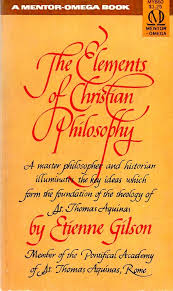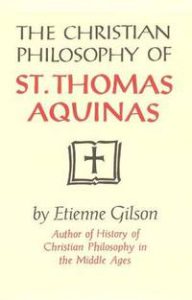 |
 |
Note also the appendix: A corrective to Syed Muhammad Naquib al-Attas’ misreading of Aquinas’ philosophy in his book, Islam and Secularism.
A. Definition of terms “Existence” and “Essence”
In classical metaphysics, “essence” refers to what a thing is – its defining characteristics or nature. “Existence,” on the other hand, refers to the fact that a thing is – its actuality or the act of being.1 F.C. Copleston gives a careful explanation of the distinction and relationship between “essence” and “existence”: “Essence is that which answers the question what a thing is; it is substance considered as definable…Existence, on the other hand, is the act by which an essence or substance is or has being…Essence is the potential metaphysical component in a thing (it is that which is or has being, the quod est), while existence is the act by which essence has being (it is the quo est). This distinction is not, be it noted, a physical distinction between two separable things; it is a metaphysical distinction within a thing… And inasmuch as the substance, considered as essence, is that which has being, that of which we say that it exists, it can be said to ‘receive’ existence. But these ways of speaking are not meant to imply either that existence is something apart from an essence or that an essence has objective reality apart from existence. The distinction between them is a distinction within a concrete finite being” F.C. Copleston, Aquinas (Penguin, 1955, 1975), p. 101. Etienne Gilson notes that philosophers who were influenced by Greek philosophy treated essence as primary, with existence being a secondary or accidental attribute. Gilson critiques Platonic-Aristotelian and medieval Islamic philosophers like Avicenna and modern rationalist philosophers like Descartes and Kant for subordinating existence to essence.
Étienne Gilson’s book, The Elements of Christian Philosophy (Doubleday, 1960) offers a lucid exposition of his argument that “existence” (esse) is more fundamental than “essence” (essentia) within the framework of Thomistic thought which Gilson deploys to critique of certain trends in medieval and modern philosophy. For Gilson, Aquinas’s insight was revolutionary because it inverted the traditional emphasis on essence. Gilson lays out his argument that existence is more fundamental than essence in his book, The Elements of Christian Philosophy. Continue reading “The Primacy of “Existence” over “Essence”: A Foundational Principle of Christian “Existential” Philosophy”
